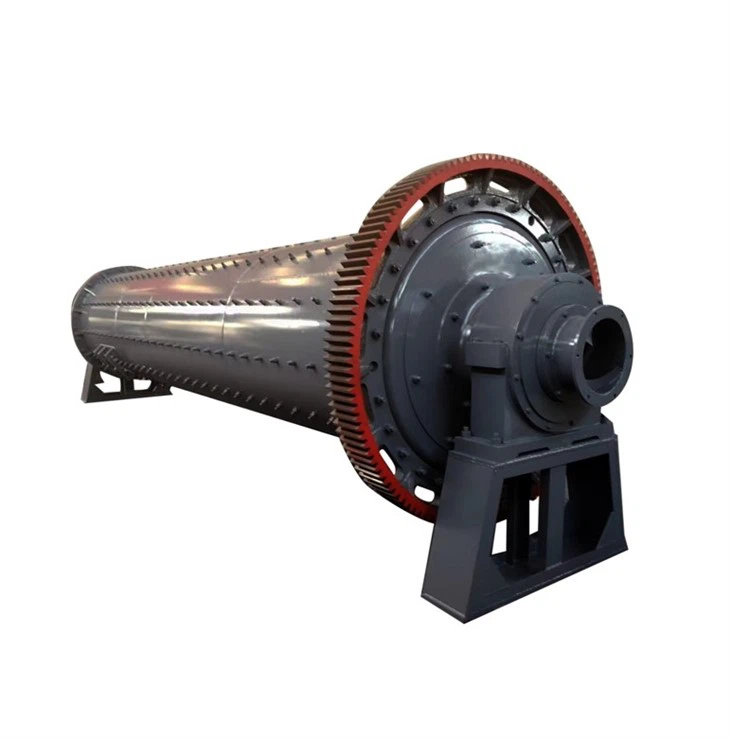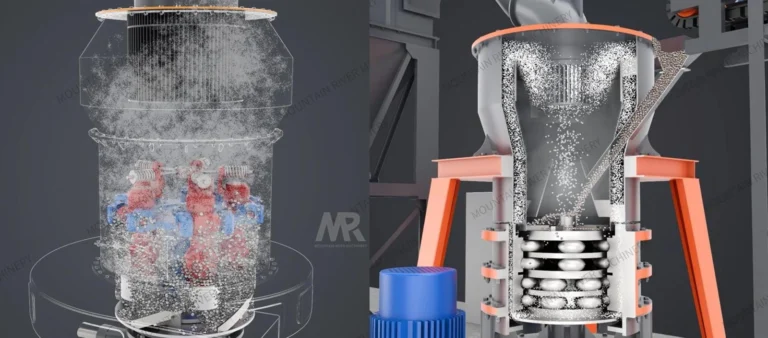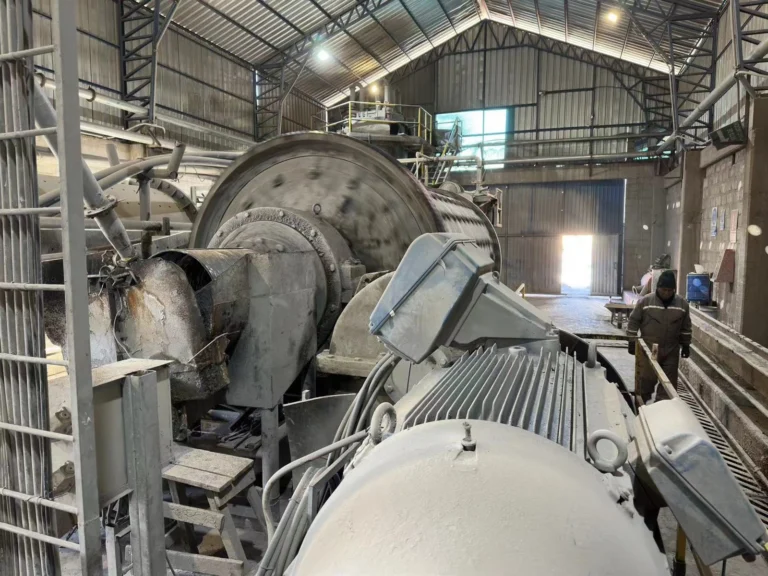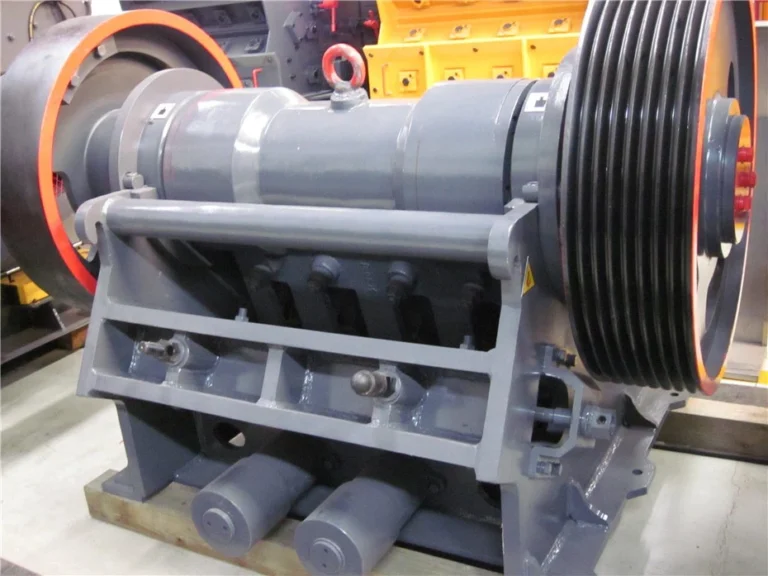What Are The Disadvantages Of Cone Crushers?
What are the Disadvantages of Cone Crushers?
Cone crushers are widely used in the mining and aggregates industry to crush various rock materials. They are often used as secondary or tertiary crushers to reduce the size of the feed material. While cone crushers offer numerous advantages, including reliable and efficient operation, there are also several disadvantages associated with their use. In this article, we will explore these disadvantages in detail to provide a comprehensive understanding of cone crushers.
Inefficient Particle Shape
One of the main disadvantages of cone crushers is their inability to produce a uniform particle shape. As the rock materials are crushed between the mantle and the concave, the resulting product may have uneven edges and a non-cubical shape. This is particularly problematic when it comes to the production of high-quality aggregates for various applications. Irregular particle shapes can negatively impact the workability and durability of concrete and asphalt mixtures, reducing their overall performance.
High Energy Consumption
Another major disadvantage of cone crushers is their high energy consumption. When the feed material enters the crushing chamber, it needs to be crushed repeatedly by the mantle and the concave until it reaches the desired size. This process requires a significant amount of energy, which is primarily supplied by the motor. As a result, cone crushers consume more power compared to other crushers, leading to higher operational costs.
Prone to Blockages
Cone crushers are susceptible to blockages due to the accumulation of material in the crushing chamber. This can occur when the feed material contains large chunks or if there is a sudden increase in the feed rate. Blockages not only interrupt the production process but also put excessive stress on the crusher components. In severe cases, blockages can cause damage to the crusher, leading to costly repairs and downtime.
Limited Versatility
While cone crushers are efficient at crushing a wide range of rock materials, they have limited versatility compared to other types of crushers. Cone crushers are specifically designed for secondary and tertiary crushing applications, meaning they are not suitable for primary crushing tasks. Additionally, cone crushers are less effective at handling abrasive and hard rock materials compared to other crushers, such as jaw crushers or impact crushers.
Sensitivity to Moisture
Cone crushers can be sensitive to moisture content in the feed material. Excessive moisture can cause the feed material to become sticky, leading to clogging and reduced crushing efficiency. Additionally, moisture can promote the formation of fines during the crushing process, which can negatively affect the overall particle size distribution and increase the amount of dust produced. Therefore, it is important to carefully control the moisture content of the feed material for optimal cone crusher performance.
Maintenance Requirements
Cone crushers require regular maintenance to ensure their reliable and efficient operation. Maintenance tasks include checking the oil level, lubricating the crusher components, inspecting the wear parts, and replacing them when necessary. Failure to perform these maintenance tasks can result in decreased performance, increased wear, and potential breakdowns. Moreover, the maintenance requirements of cone crushers can be time-consuming and labor-intensive, adding to the overall operating costs.
Large Footprint
Cone crushers are often bulky and have a large footprint, occupying significant space in the production plant or quarry. This can be problematic, especially when space is limited or expensive. The large size of cone crushers also makes transportation and installation more challenging and costly. Additionally, the sheer weight of cone crushers can pose logistical difficulties during maintenance and repairs.
Conclusion
While cone crushers offer many advantages, it is important to consider their disadvantages as well. They may produce inefficient particle shapes, consume high energy, and be prone to blockages. Cone crushers also have limited versatility compared to other crushers, and they can be sensitive to moisture content. Proper maintenance is crucial for their reliable operation, and their large footprint can pose logistical challenges. By understanding these disadvantages, users can make informed decisions when selecting and operating cone crushers in their respective applications.






